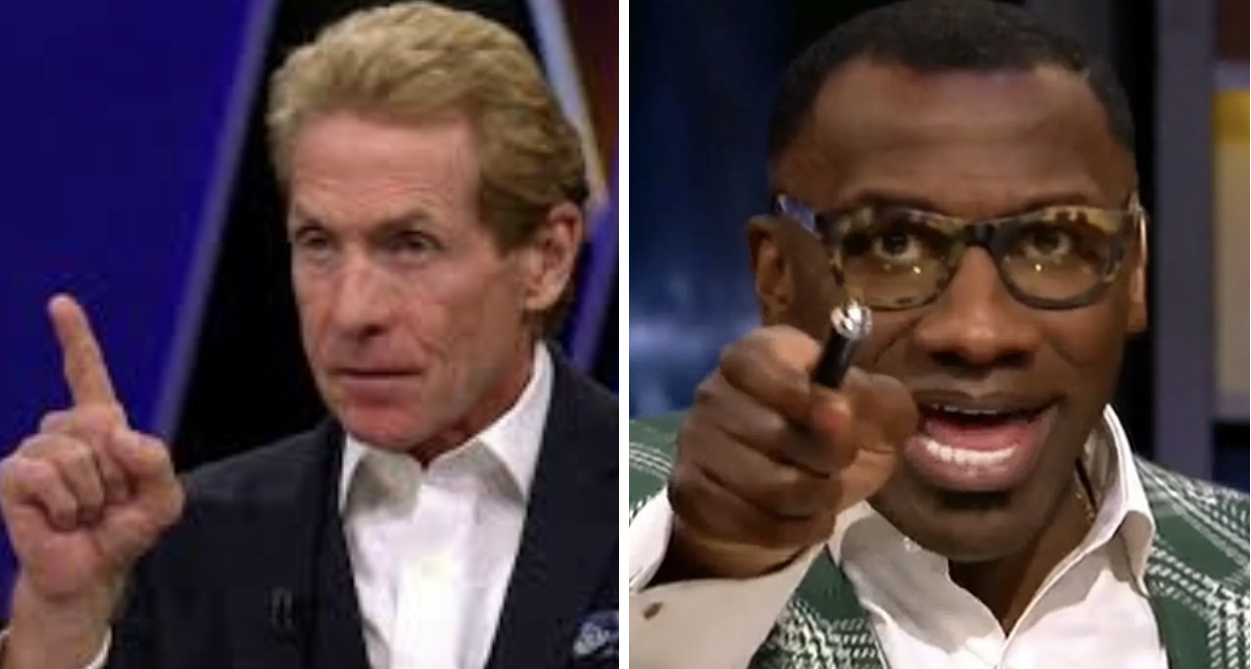Barry Jenkins’ signature style shows the resilience of Black love in the face of active institutional racism and oppression.
To many, James Baldwin‘s works are the quintessential divining rod of Black American sensibilities in literature. Of course, there a great number of individuals who would take exception to that notion had those individuals themselves not have already passed to the next dimension.
If we were taking guesses at which contemporary Black author personifies which geographic area, Langston Hughes would likely get a lot of votes as being Harlem’s favorite scribe, but with this cinematic reimagining of his work, Baldwin’s already considerable cache may have increased.
Presently, the works of Baldwin seem energized in a manner unseen since the late 60s and mid-70s with the release of I Am Not Your Negro to critical acclaim earlier this year. James Baldwin, who died in 1987 after a lengthy battle with stomach cancer, wrote If Beale Street Could Talk decades ago, but it’s still universally black and tells the story of an everyday Black man tryna make a dollar outta 15 cents, raise a family, and avoid the pitfalls of institutional racism, as personified by the New York Police Department in this film.
Star-crossed and maddeningly romantic young couple Fonny and Tish are in love. Real love, not puppy love. Real love, not superficial love. The type of real love Mary J. Blige would scream about decades after this book was published. A self-sacrificing love. A big momma and big poppa, 60-years married love.
Their world is tenuous already, but they are determined to make it work. While in the process of making their dreams come true, an all too familiar enemy rears its head. No reason is given as to why Fonny is accosted by a police officer. Maybe the offending officers react in a predatory manner perhaps out of disdain for Black and brown faces? The audience is left to fill in that blank.
KiKi Layne just melts my heart with her portrayal of Trish Rivers. She is equal parts intelligent, optimistic, naive and afraid. She is down in a way that many men want but only some can attain, and fewer still deserve.
Writer/director Barry Jenkins is responsible for adapting the novel to a screenplay and, of course, directing the film (Duh.)
I endeavored to write this review determined not to mention ‘Moonlight‘, but I do so here because it serves as a barometer for what we have come to expect from a Jenkins-style motion picture, thematically, cinematographically and lighting wise as well.
For those who are familiar with Baldwin’s work, the ending of ‘If Beale Street Could Talk’ was as expected as the tax man in April or the ice cream man in July, but the sheer beauty of the film may have had viewers wishing and hoping otherwise.
The love of Fonny and Tish is so beautifully translated with hues of indigo, auburn, ebony, and violet, shades of grays are almost nonexistent and it was that variation in color that dazzled me throughout the film.
Regina King plays Sharon Rivers, the loving, understanding mother of Tish, who also adores Fonny as a potential son-in-law. As filmgoers, we’ve never seen a film in which King was the matriarch to adults.
Though there were historic sensibilities that were contemporary to 1974 that were left out of the film, such as the book describing Fonny as being ‘ugly’ and ‘Black’ as disclaimers, those very minor alterations did not take away from the tale. That story also illustrates the one thing that is absolutely necessary for Black people to survive racism in America is love in its purest form.
It is love that makes Trish hope beyond hope that she and Fonny will be reunited soon. It is that same love that pushes Sharon to travel all the way to Puerto Rico to find out the truth, and it is that love that buoys Trish during the uncertain duration of Fonny’s stint behind bars.
Though it has been stated before, it cannot be overstated that Jenkin’s cinematic style is visually poetic. The scenes almost rhyme without words. The shots of their lovemaking, and the accompanying score were so beautiful that what otherwise could have been just another way to objectify Black nudity was uplifted into a thing of sheer beauty.
For me, from now on, all lovemaking scenes have to at least try to be this moving and discernibly intimate or they’re simply being gratuitous with it.
Another aspect of ‘If Beale Street Could Talk’ that I greatly appreciated, was that it was not trying to ‘win over’ white folks nor was it depicting Black folks as something magical.
In the end, the story itself is but a vehicle for our introduction to what real love looks like in the face of overwhelming odds. It’s that great grandma, great granddad love, it’s that love Gen X frustratingly fails at and Gen Z daydreams about. That unattainable love. That unimaginable love.
If Beale Street Could Talk is one of the most beautifully shot films that I have ever seen and I greedily ingested all that eye candy. But the staunch reality it depicts, one in which Black people have little to no weapons in the fight against institutional racism, left me with a sour stomach.



